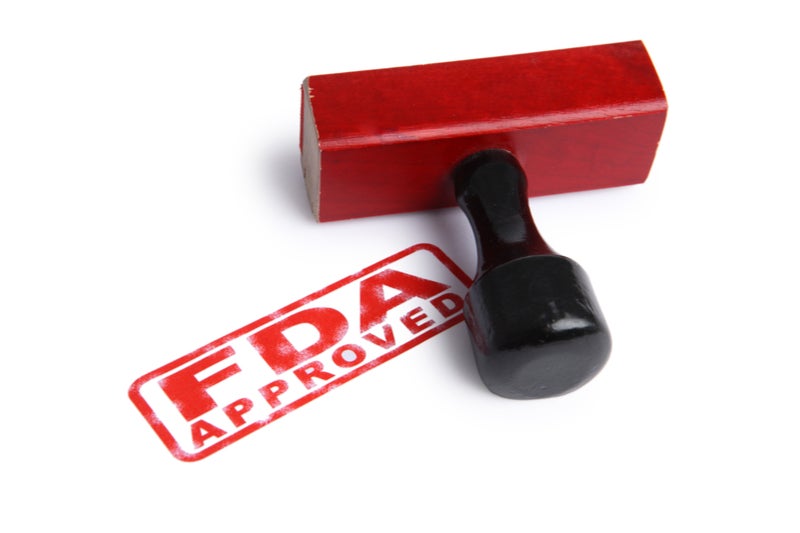Pipeline recombinant peptide drugs are vastly more successful than synthetic peptide drugs to be approved, as shown by their higher Phase Transition Success Rate (PTSR) between transition stages Phase II to III, and the even wider gap from Phase III to pre-registration, according to GlobalData’s Likelihood of Approval (LoA) tool in the Drugs database.
Synthetic peptide drugs are shown to be almost equally as successful as recombinant peptide drugs in their percentage PTSR from Phase I to Phase II, with synthetic peptide drugs having a 76% PTSR and recombinant peptide drugs having a 74% PTSR, as shown in Figure 1.
However, transition stage Phase II to III shows that both synthetic and recombinant peptide drug percentage PTSR decreases, dropping to 40% and 55% respectively. Despite this decrease in PTSR, recombinant peptide drugs still have a 15% greater success rate than synthetic peptide drugs at this stage. In transition stage Phase III to pre-registration, recombinant peptide drugs increase to a PTSR of 72% while synthetic peptide drugs increase marginally to only 45%, showing that synthetic peptides have a lower success rate to move from Phase III to pre-registration stage of development compared to recombinant peptide drugs.

Surprisingly, recombinant peptide drugs have a 27% higher PTSR than synthetic peptide drugs between transition stage Phase III and pre-registration, as synthetic peptide drugs are most predominant in oncology while recombinant peptide drugs are most predominant in metabolic disorders. A metabolic disorder drug treating, for instance, diabetes is be shown to be more efficacious within a phase III clinical trial and so increased probability in progressing to pre-registration compared to oncology drug shown to be less efficacious within the phase III trial and therefore lower probability in progressing to pre-reg.
However, both recombinant and synthetic peptides have been shown to have equal high success rates in terms of meeting the drug safety dosage levels required in phase I to equally progress to phase II. Besides, recombinant peptides targeting metabolic disorders are easier to develop due to many metabolic pathways having been researched and understood for decades, and also due to the inherent safety of recombinant peptide drugs because of their manufacturing processes. Therefore the fact that the PTSR for synthetic peptide drugs is lower than recombinant peptide drugs highlights the difficulty in developing drugs to combat oncology indications.

US Tariffs are shifting - will you react or anticipate?
Don’t let policy changes catch you off guard. Stay proactive with real-time data and expert analysis.
By GlobalDataGlobalData’s Likelihood of Approval (LoA) model offers users a method of determining the historical probability of a drug with specific characteristics progressing to the next stage of clinical development, and the ultimate probability of the drug receiving market authorization.
Further information on LoA can be viewed and searched in more detail on the GlobalData Pharma Intelligence Center.






